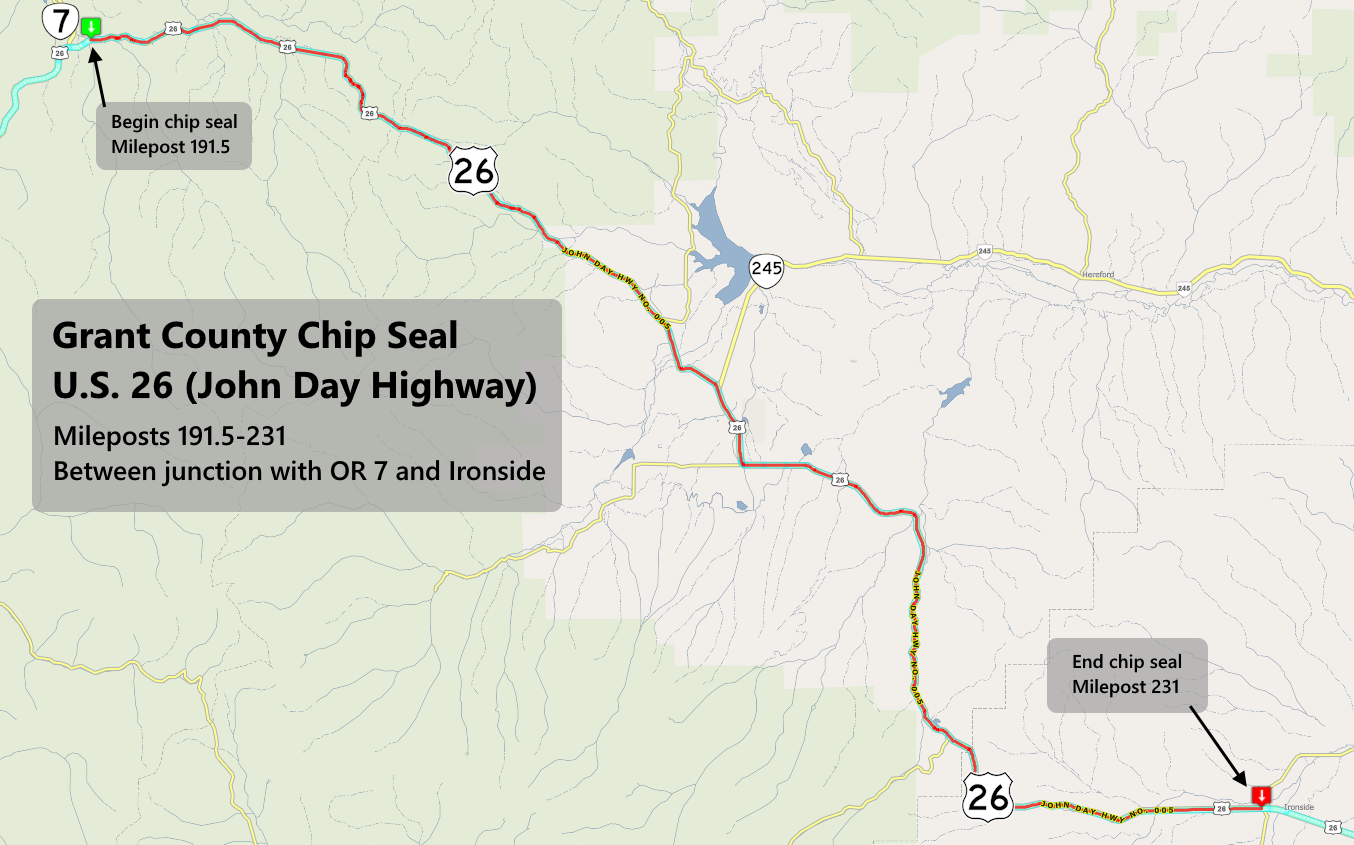Supreme Court considers 2004 Jacksonville protest
Published 5:00 pm Friday, March 21, 2014
By DAMIAN MANN
Mail Tribune
A 10-year legal battle will come to a head in the U.S. Supreme Court this week over claims Secret Service agents trampled the civil rights of local residents during President George W. Bush’s stay in Jacksonville.
The 9th U.S. Circuit Court of Appeals in San Francisco ruled in April 2012 there was enough evidence that agents Tim Wood and Rob Savage may have violated protesters’ First Amendment rights on Oct. 14, 2004.
The Supreme Court will review the Court of Appeals ruling Wednesday.
“From our viewpoint, it’s not a good thing they accepted the review,” said ACLU of Oregon Executive Director David Fidanque. “Usually the Supreme Court overturns the lower court decisions.”
The case marks only the second time in the last 32 years that an ACLU case has made it to the Supreme Court, Fidanque said.
An unfavorable ruling could mean it would be impossible to file a civil suit against federal officials, he said.
The case involves a group of some 200 to 300 anti-Bush protesters who had notified law enforcement they would be gathering around the Jacksonville Inn on Oct. 14, 2004, where the president and first lady were planning to spend the night.
The trouble started about 8 p.m., after peaceful demonstrations from both Bush supporters and protesters throughout the afternoon.
The president’s motorcade made its way back to Jacksonville after a re-election campaign rally at the The Expo. The president made a last-minute decision to eat dinner at the Jacksonville Inn restaurant rather than in his cottage, as was planned. The change in plans prompted Secret Service agents to order local law enforcement officers to establish a new perimeter around the president and First Lady Laura Bush.
The agents demanded a one-block perimeter be quickly cleared between the new dinner spot and the vocal crowd.
Following the new orders, police in riot gear began clearing the streets, in some instances pushing, clubbing and using pepper spray to force protesters to move, and then detaining them while the pro-Bush demonstrators were allowed to stand a couple of blocks away unmolested, according to the complaint.
One officer also shot at protesters with a pepper-ball gun that shoots plastic-coated paint balls filled with capsaicin, an irritant used in pepper sprays.
Anti-Bush demonstrator Michael Moss, who is part of the class-action lawsuit, was hit seven times in the back with pepper balls while helping a member of the crowd who had fallen, according to the complaint.
“We again learned that the criminalization of dissent can still rear its ugly face at any time, and when it does, it often is enforced with a violent hand,” Moss wrote in a blog on the ACLU website.
ACLU lawyers and attorneys for the agents have filed extensive briefs with the Supreme Court.
Lawyers for the U.S. Department of Justice say the Secret Service ordered the street cleared to provide a secure perimeter around the president.
The government lawyers stated the Secret Service often makes rapid assessments to provide a safe environment around the president.
The government’s lawyers believe the lower court erred in denying immunity to the Secret Service in its role of protecting the president. In addition, they argued, Moss and other demonstrators haven’t proven their First Amendment rights were violated.
ACLU and other civil rights lawyers contend the Secret Service didn’t clear the dining area or the hotel when the president decided to eat at the Jacksonville Inn. They argue that diners or others inside the hotel posed a greater security risk because of their close proximity to the president.
They argue the Secret Service selectively decided to force the anti-Bush protestors from their designated area, pushing them farther away than the pro-Bush crowd.
ACLU lawyers have presented evidence that Secret Service agents routinely pushed protesters away from certain areas during other demonstrations throughout the country during Bush’s term in office.
The outcome of the Supreme Court decision will determine whether Moss and other demonstrators can seek civil damages from the Secret Service agents.
Reach reporter Damian Mann at 541-776-4476 or dmann@mailtribune.com. Follow him on Twitter @reporterdm.






